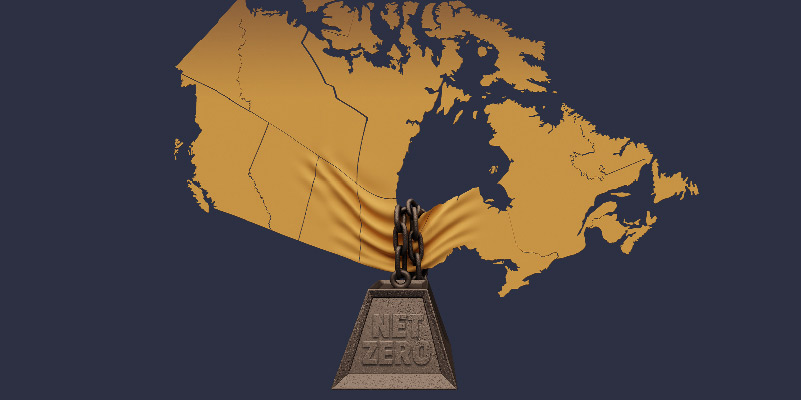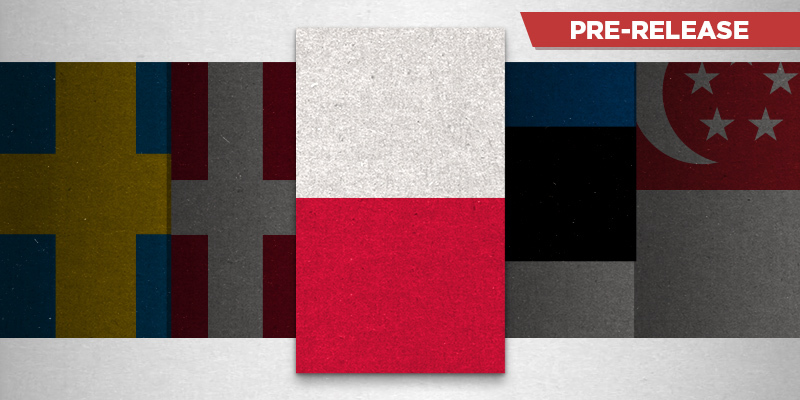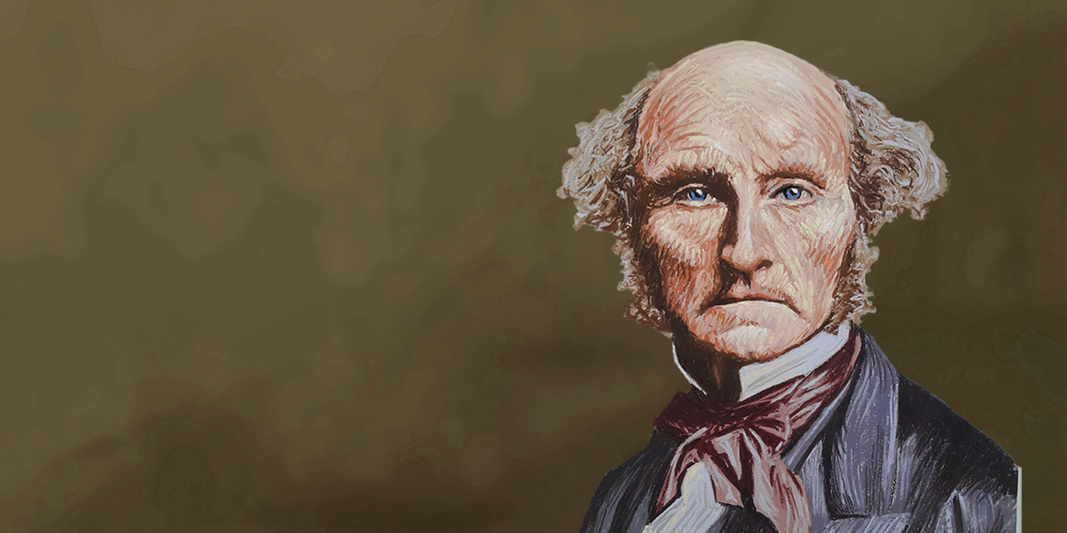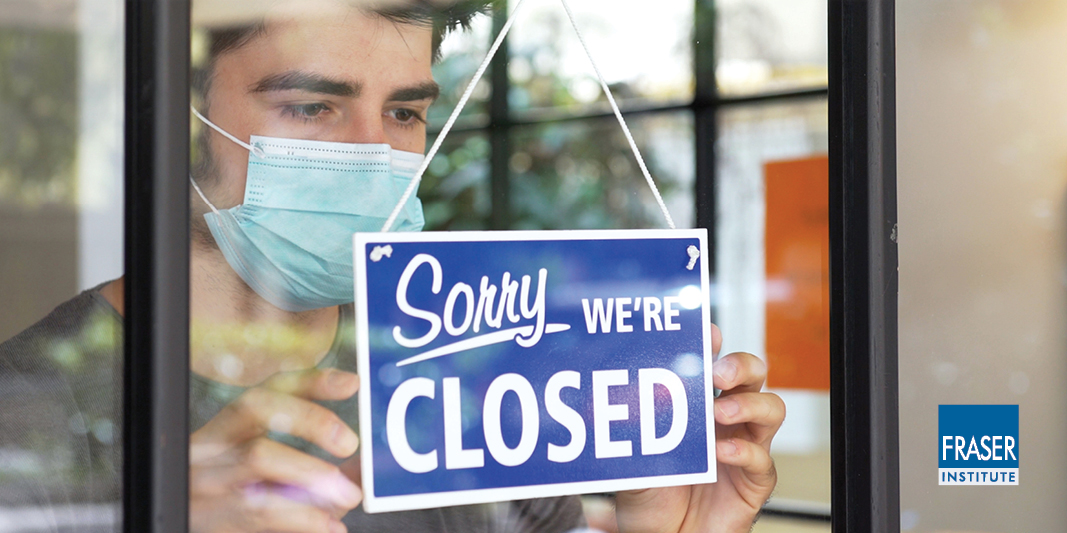Counting the Poor: The Empirical Evidence is the second part of the Thinking About Poverty series by Senior Fellow Christopher A. Sarlo. The new study finds that three different Statistics Canada models for measuring poverty are broadly consistent: Income poverty for households is in the five to seven per cent range; and for individuals, it is in the four to six per cent range. Critically, the study also measures consumption poverty, which measures what households consume rather than counting their income. This is important because many low-income households will draw on savings, charity, assistance from family, etc. that assists them but doesn’t appear in income statistics. Consumption poverty was less than three per cent of Canadians in 2019, which points to an all-time low for “basic needs” poverty in Canada.
 Read the Full Report
Read the Full Report View the Infographic - Canadian Capital Cities
View the Infographic - Canadian Capital Cities View the Infographic - Major Canadian Energy Cities
View the Infographic - Major Canadian Energy Cities View the Infographic - British Columbia
View the Infographic - British Columbia View the Infographic - Ontario
View the Infographic - Ontario View the Infographic - Atlantic Canada
View the Infographic - Atlantic Canada Read the News Release - Canada
Read the News Release - Canada Read the News Release - Atlantic Canada
Read the News Release - Atlantic Canada






